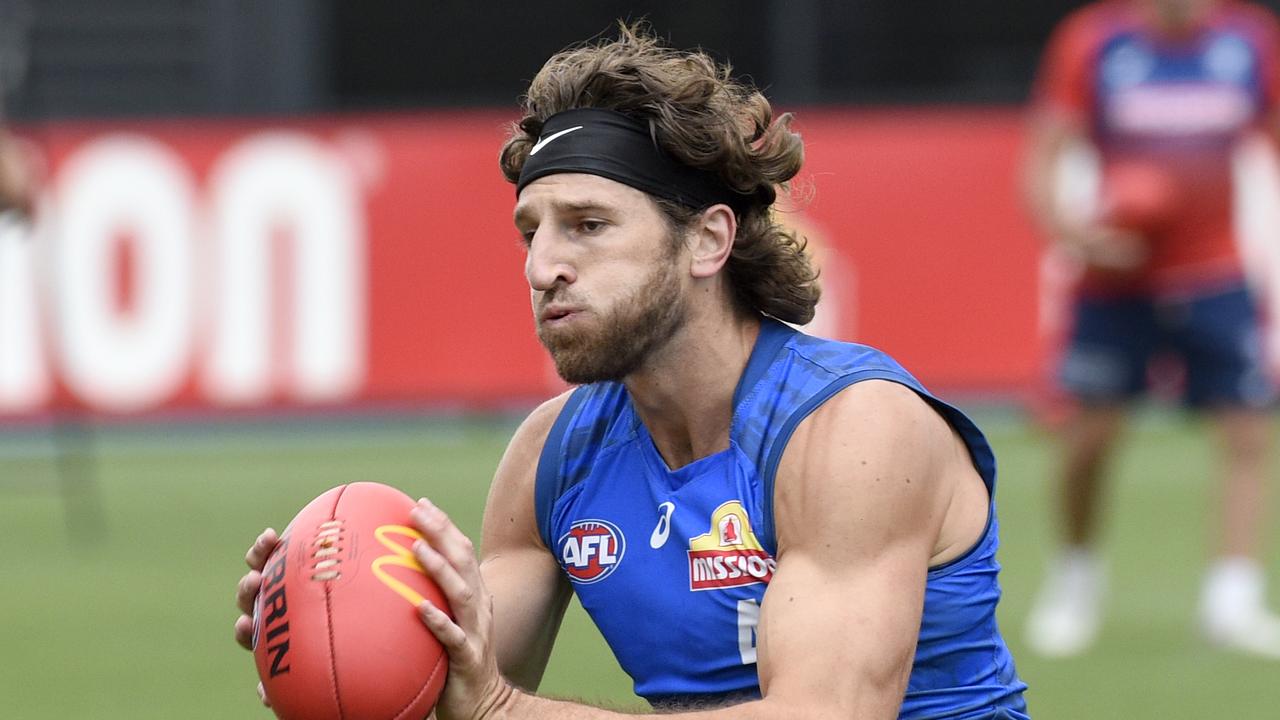Former federal sports minister Richard Colbeck joins growing chorus of officials calling for a full investigation into the AFL’s secretive drug testing
Some politicians fear that calling out the AFL’s powerful leaders might cost them at the ballot box, so their lips are sealed, writes Julian Linden. But the latest voice carries extra weight.
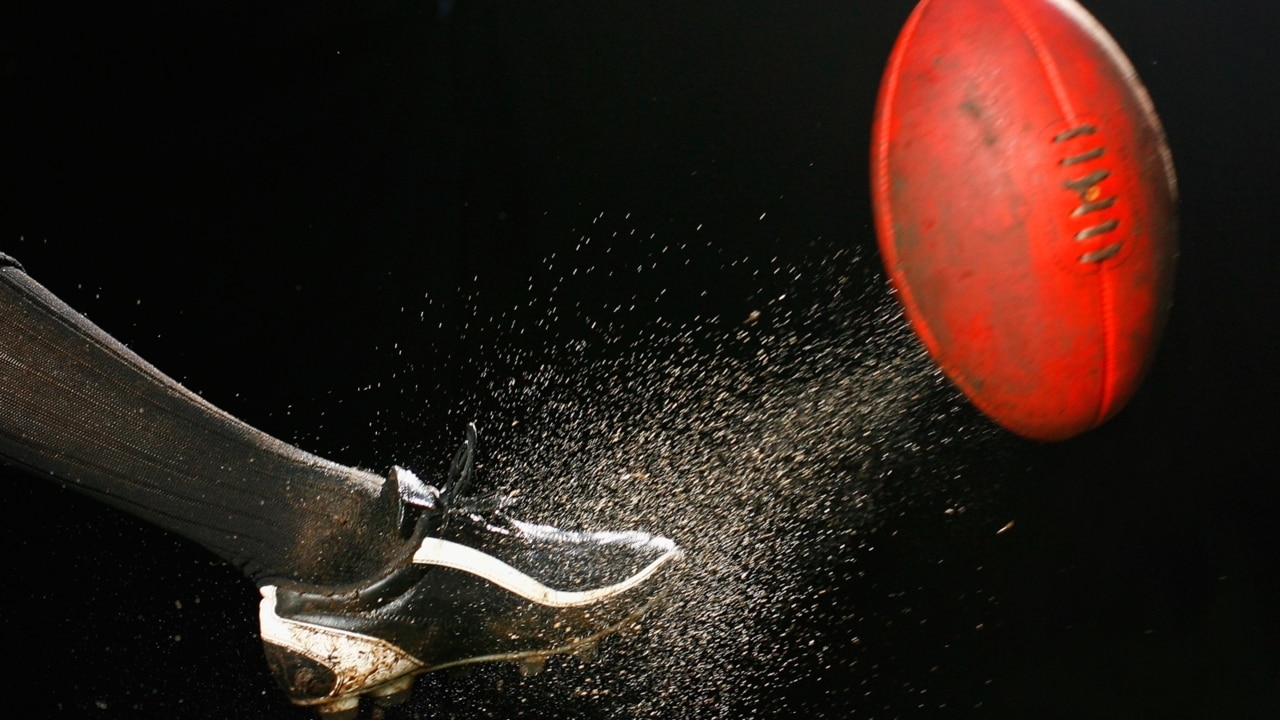
AFL
Don't miss out on the headlines from AFL. Followed categories will be added to My News.
Former federal sports minister Richard Colbeck has slammed the AFL’s illicit drugs policy, adding his voice to the growing chorus of officials calling for a full and independent investigation into the sport’s secretive drug-testing operations.
In a hard-hitting column that will resonate with the sport’s disillusioned fan base after the shocking details of the alleged cover-up were exposed last month, the current Liberal Senator from Tasmania says the AFL’s policy was no longer fit-for-purpose because it went against the principles of fair and clean sport.
He said any scheme that allows players to avoid taking tests that would show the presence of banned substances amounted to a breach of the World Anti-Doping Agency Code and everyone involved needed to be held accountable.
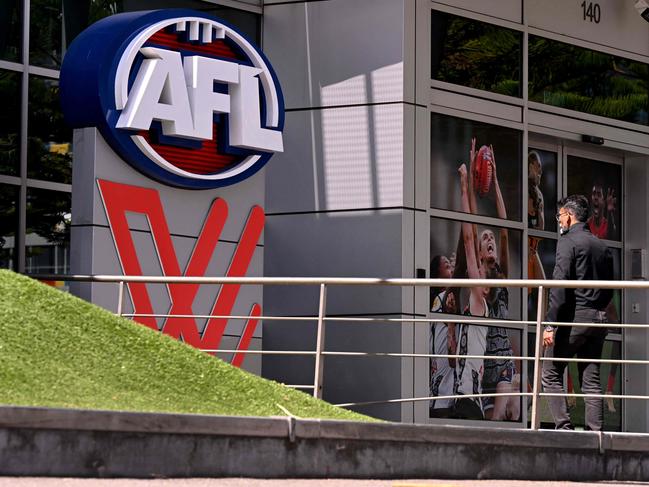
“Every one of the (AFL) players who is alleged to have used this mechanism to avoid game-day testing is or should be liable for sanction under the WADA Code as would any other athlete who is found to have attempted to avoid testing,” Colbeck wrote.
“Anyone knowingly facilitating the avoidance of testing should likewise face sanction if the allegations aired this week are true – it’s going to be a pretty long queue!”
The AFL has already strongly refuted any suggestions it was involved in a cover-up or its policies were a breach of anti-doping procedures and welcomed a planned probe by Sport Integrity Australia.
The AFL says its policies were helping safeguard the health and wellbeing of players using recreational drugs and last week, chief executive Andrew Dillon said the league would co-operate with any investigation.
“I spoke to David Sharpe from Sport Integrity Australia … and the AFL supports SIA’s role in being asked to assess the claims made under Parliamentary privilege by Andrew Wilkie MP,” Dillon said.
“We encourage Mr Wilkie to pass on all the documents in his possession to SIA and look forward to working with SIA and providing any information on the AFL Illicit Drug policy and its objectives and operation.”
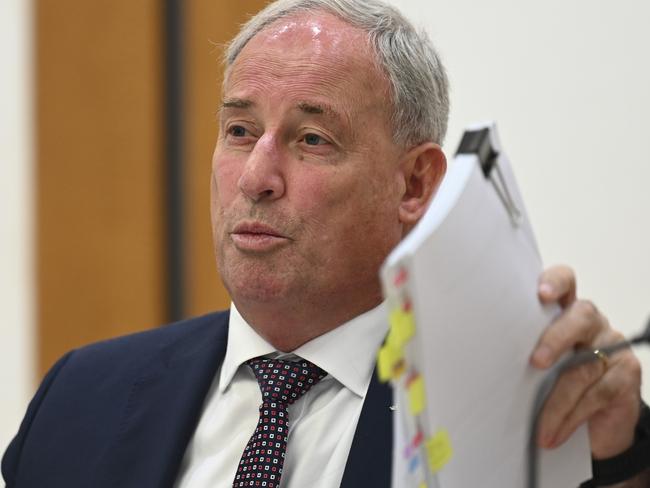
Nevertheless, Colbeck’s comments should set off alarm bells at the AFL.
The sporting public wants answers, but apart from Wilkie, an independent MP, and now Senator Colbeck, the silence from Australia’s political leaders on the issue has been deafening.
Some politicians fear that calling out the AFL’s powerful leaders might cost them at the ballot box so their lips are sealed, or as Prime Minister Anthony Albanese put it: “I have a big job. My job is not to, on the job description, isn’t the control of the Australian Football League”.
Shamefully, it’s taken outsiders to keep asking the difficult questions.
Dick Pound, the inaugural WADA president, likened the AFL’s clandestine operation to East Germany’s notorious state-run programs in the 1970s and 1980s and called on police to look for links between players and organised crime gangs that may be supplying illicit drugs, including cocaine.
The dismissal of Pound’s views by Dillon was predictable.
But it backfired because the questions aren’t going away.
Basketball star Andrew Bogut said what all AFL fans are thinking when he tweeted: “Anyone with half a brain can see why they’ve done it. They’ve obviously tried to move the chess pieces around to navigate a (WADA) policy they have agreed to abide by – because the carrot is federal government funding.”
Colbeck won’t be the last political leader brave enough to tackle the AFL, but his voice carries extra weight for a number of reasons.
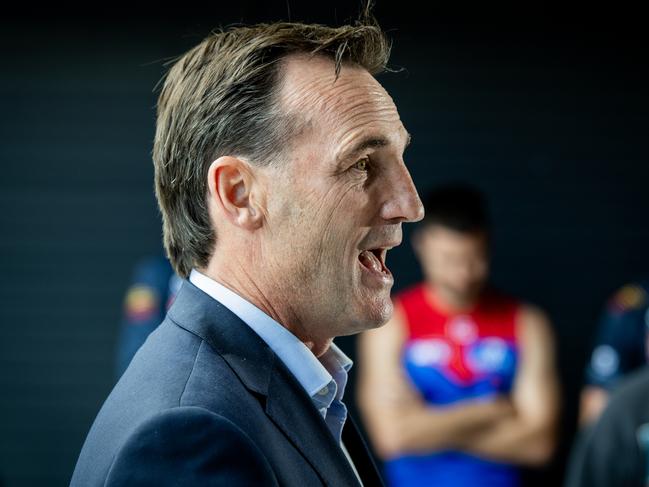
Not only is Colbeck a former federal sports minister, but he was also on the executive board at WADA and helped oversee the creation of SIA after it replaced the Australian Sports Anti-Doping Authority.
While the SIA is already looking into the matter, Colbeck also expects WADA will be wanting answers and changes to occur.
“What is clear, is that the AFL illicit drug policy needs to be revised, and the practice of aiding and abetting avoidance of testing stopped,” he wrote.
“If the AFL aren’t prepared to make the changes required to bring their policy into compliance with the WADA code, their WADA accreditation should be on the line.
“The AFL illicit drug policy has long been controversial, there are many who say it has been effective and worked well – until recently, when it has morphed into a WADA non-compliant monster.
“Now is the time to fix it, and if there is a bigger problem in the AFL, time to fix that too.”




